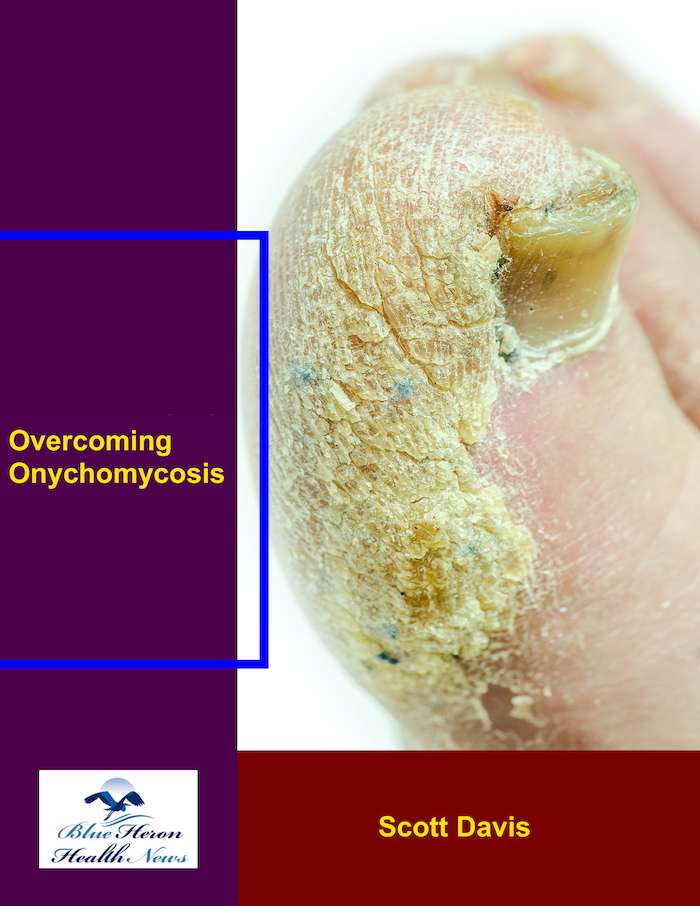
Overcoming Onychomycosis™ By Scott Davis It is a simple, natural, and all-in-one solution for onychomycosis. The program can help you to treat your nail fungus naturally. Once you follow this program, you do not need to spend on expensive treatments to prevent a recurrence. In brief, you can have a proven solution for your chronic nail fungus. Besides, the program is easy to follow, and most users find it effective against onychomycosis.
What are the potential long-term effects of using PPIs?
Proton pump inhibitors (PPIs) are commonly used to reduce stomach acid production and are often prescribed for conditions such as gastroesophageal reflux disease (GERD), peptic ulcers, and Zollinger-Ellison syndrome. While PPIs are effective for short-term relief, long-term use can be associated with several potential risks and side effects. Here are the most notable long-term effects of using PPIs:
1. Nutrient Deficiencies
- Vitamin B12 Deficiency: Long-term use of PPIs can reduce the absorption of vitamin B12. Stomach acid is required to release B12 from food, and by suppressing acid production, PPIs may interfere with this process, leading to B12 deficiency over time. This deficiency can cause anemia, neuropathy, and cognitive decline.
- Magnesium Deficiency (Hypomagnesemia): Prolonged use of PPIs has been linked to low magnesium levels, which can lead to muscle cramps, seizures, and abnormal heart rhythms (arrhythmias). Magnesium is crucial for normal muscle and nerve function.
- Calcium Deficiency: PPIs may reduce calcium absorption, increasing the risk of osteoporosis and bone fractures, especially in the elderly. Reduced stomach acid can impair the absorption of calcium from dietary sources.
- Iron Deficiency: Similar to calcium and B12, iron absorption can be reduced with long-term PPI use, potentially leading to iron-deficiency anemia.
2. Increased Risk of Bone Fractures
- Osteoporosis and Fractures: As mentioned, long-term use of PPIs can impair calcium absorption, which is necessary for bone health. This can lead to osteoporosis or weakened bones, especially in older adults. Studies have shown an association between prolonged PPI use and an increased risk of hip, wrist, and spine fractures.
3. Increased Risk of Gastrointestinal Infections
- Clostridium difficile Infection: PPIs reduce stomach acid, which normally acts as a barrier to harmful bacteria. Long-term suppression of stomach acid can increase the risk of gastrointestinal infections, particularly Clostridium difficile (C. diff), which can cause severe diarrhea and colitis.
- Small Intestinal Bacterial Overgrowth (SIBO): Low levels of stomach acid may promote bacterial overgrowth in the small intestine, leading to symptoms such as bloating, diarrhea, and malabsorption.
- Salmonella and Campylobacter Infections: There is an increased risk of foodborne infections from bacteria like Salmonella and Campylobacter because of the reduced ability of the stomach to kill harmful pathogens.
4. Kidney Disease
- Acute Interstitial Nephritis: Long-term PPI use has been linked to an inflammatory condition called acute interstitial nephritis, which affects the kidneys and can lead to acute kidney injury. In some cases, this condition can progress to chronic kidney disease if not properly managed.
- Chronic Kidney Disease (CKD): Some studies suggest a potential association between prolonged PPI use and an increased risk of CKD. The exact mechanism is unclear, but it may involve ongoing kidney inflammation or damage from impaired magnesium and nutrient levels.
5. Cardiovascular Risks
- Increased Risk of Heart Attack: Some observational studies have suggested a potential link between long-term PPI use and an increased risk of cardiovascular events, such as heart attack (myocardial infarction). The underlying cause may be related to impaired nitric oxide production in blood vessels, which affects blood flow and endothelial function.
- Elevated Homocysteine Levels: Reduced absorption of vitamin B12, which is linked to long-term PPI use, can lead to elevated homocysteine levels, a risk factor for cardiovascular disease.
6. Dementia and Cognitive Impairment
- Potential Risk of Dementia: Some studies have suggested a possible link between long-term PPI use and an increased risk of dementia or cognitive decline, although the exact relationship remains unclear. The proposed mechanisms include vitamin B12 deficiency (which affects brain health) and changes in gut microbiota.
- Cognitive Impairment: Vitamin B12 deficiency, often associated with long-term PPI use, is a known risk factor for cognitive issues such as memory loss, difficulty concentrating, and even neurodegenerative diseases like Alzheimer’s.
7. Rebound Acid Hypersecretion
- Increased Acid Production: When PPIs are discontinued after long-term use, the stomach may respond by producing even more acid than before treatment. This is known as rebound acid hypersecretion and can cause a worsening of symptoms like heartburn, leading to dependency on the medication.
- Difficulty Discontinuing PPIs: Due to rebound acid hypersecretion, some people find it difficult to stop using PPIs and may need to gradually taper off the medication under medical supervision.
8. Gastric Polyps and Atrophic Gastritis
- Fundic Gland Polyps: Long-term use of PPIs has been associated with the development of fundic gland polyps (small growths in the stomach lining). While these polyps are typically benign, there is concern that prolonged exposure to PPIs may increase the risk of more significant gastric changes.
- Atrophic Gastritis: PPI use can cause chronic inflammation of the stomach lining (atrophic gastritis), which may increase the risk of gastric cancer, particularly in people with Helicobacter pylori infection.
9. Micronutrient Malabsorption
- Zinc Deficiency: Although less common, long-term PPI use may also impair the absorption of zinc, which is essential for immune function, wound healing, and various metabolic processes.
10. Hypochlorhydria (Low Stomach Acid)
- Impaired Digestion: Chronic suppression of stomach acid can lead to hypochlorhydria (abnormally low levels of stomach acid). This can impair protein digestion and the breakdown of certain foods, leading to symptoms like bloating, gas, and malnutrition.
Summary of Long-Term Risks:
- Nutrient deficiencies: Vitamin B12, magnesium, calcium, iron, and other nutrients.
- Bone health issues: Increased risk of osteoporosis and fractures.
- Gastrointestinal infections: C. difficile, bacterial overgrowth, and foodborne infections.
- Kidney disease: Acute interstitial nephritis and potential chronic kidney disease.
- Cardiovascular risks: Possible increased risk of heart attack and elevated homocysteine levels.
- Cognitive effects: Potential links to dementia and cognitive decline.
- Rebound acid hypersecretion and difficulty discontinuing PPIs.
- Gastric changes: Polyps and atrophic gastritis.
While PPIs are generally safe for short-term use, long-term use should be carefully monitored by healthcare professionals to balance the benefits against the potential risks. In many cases, lifestyle modifications, such as dietary changes and weight loss, can help reduce the need for long-term PPI therapy.
Overcoming Onychomycosis™ By Scott Davis It is a simple, natural, and all-in-one solution for onychomycosis. The program can help you to treat your nail fungus naturally. Once you follow this program, you do not need to spend on expensive treatments to prevent a recurrence. In brief, you can have a proven solution for your chronic nail fungus. Besides, the program is easy to follow, and most users find it effective against onychomycosis.
